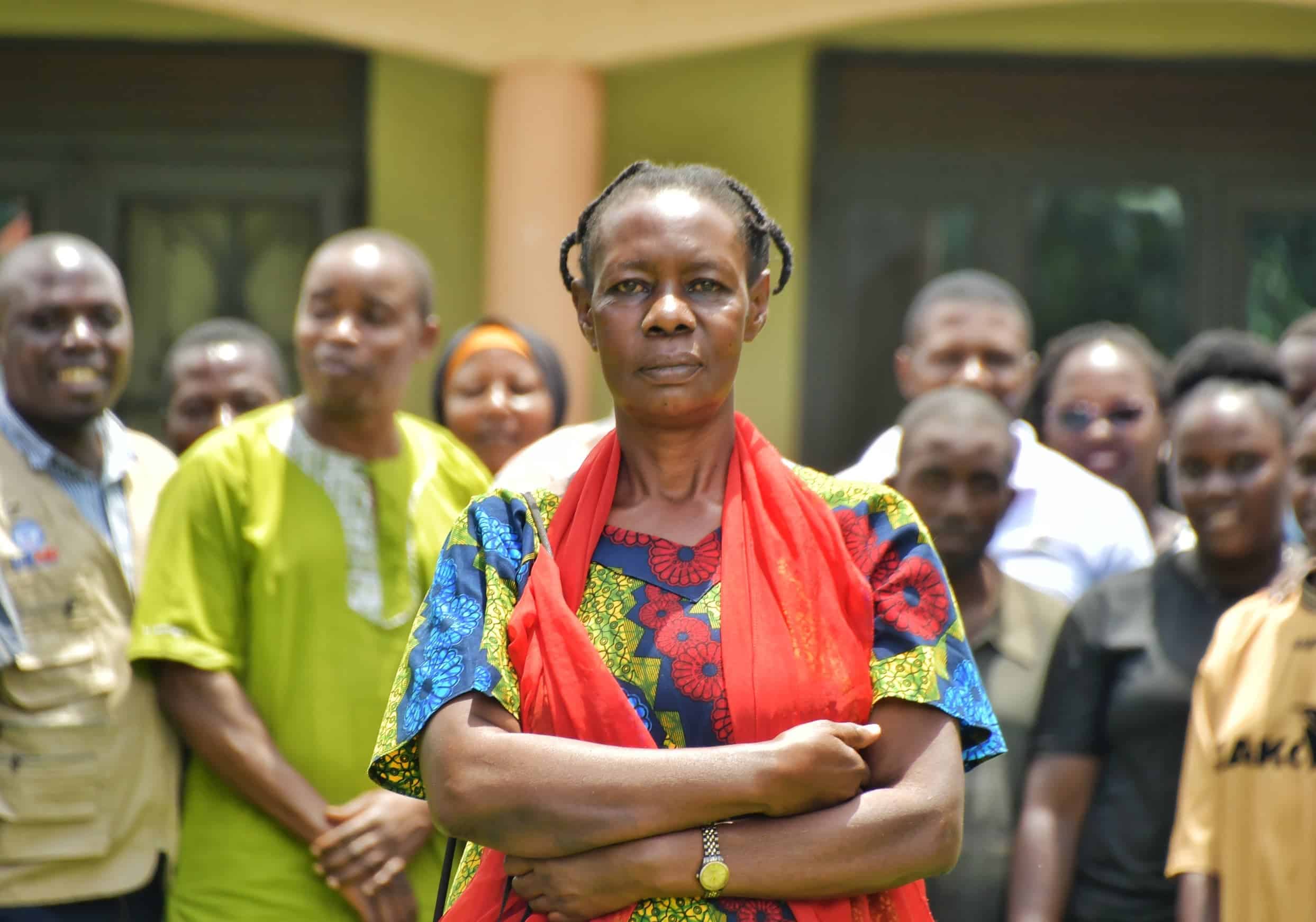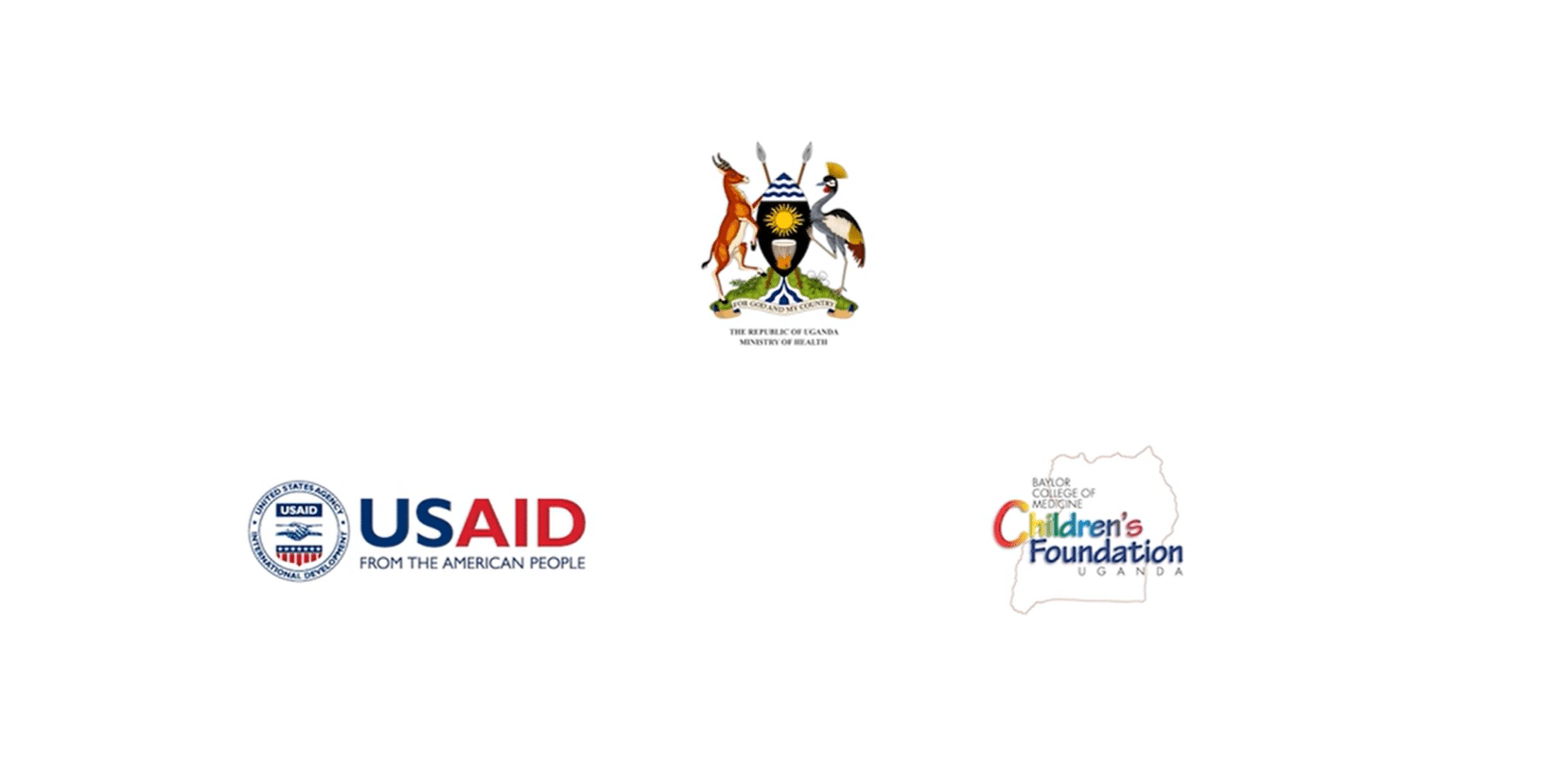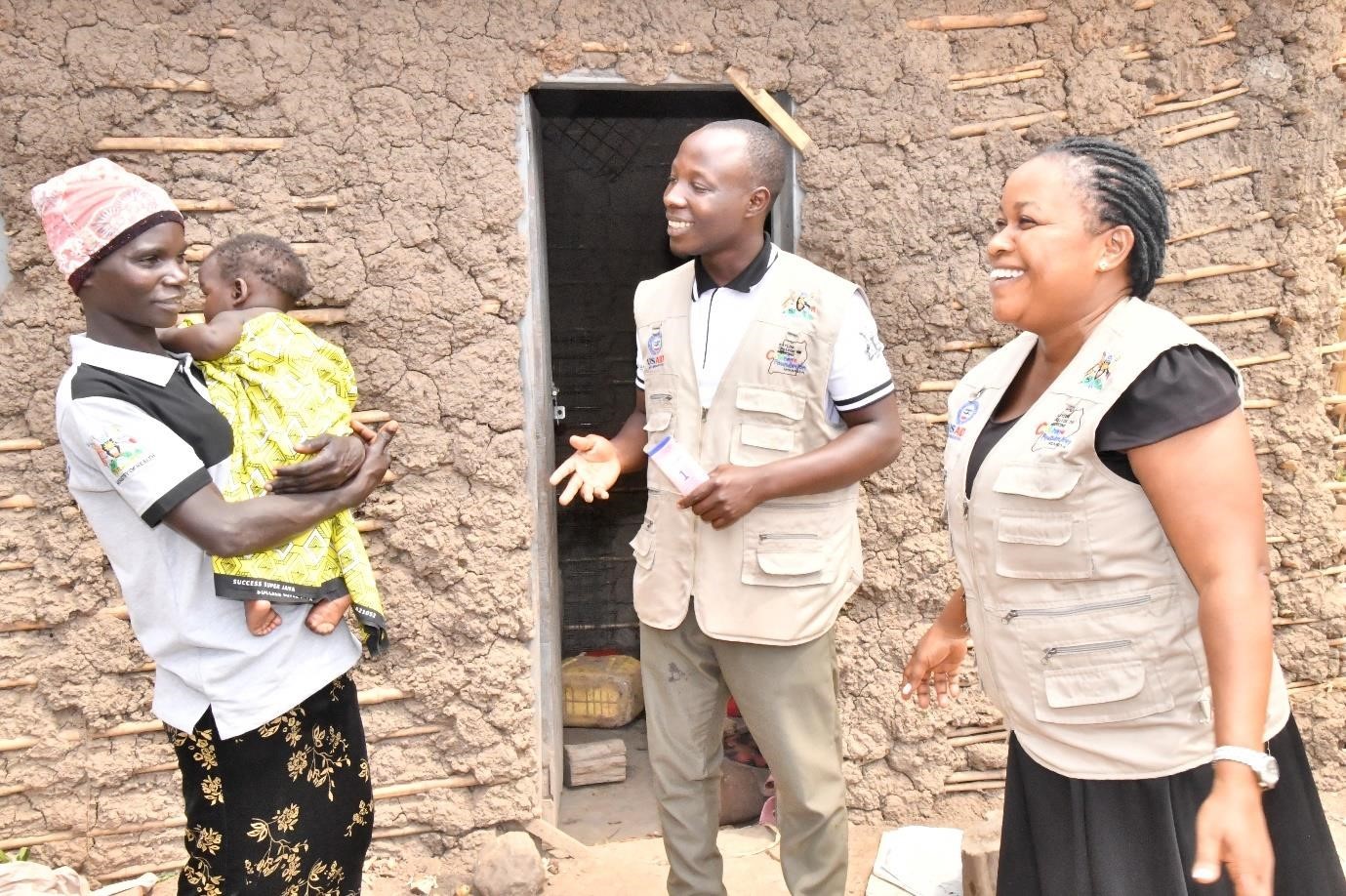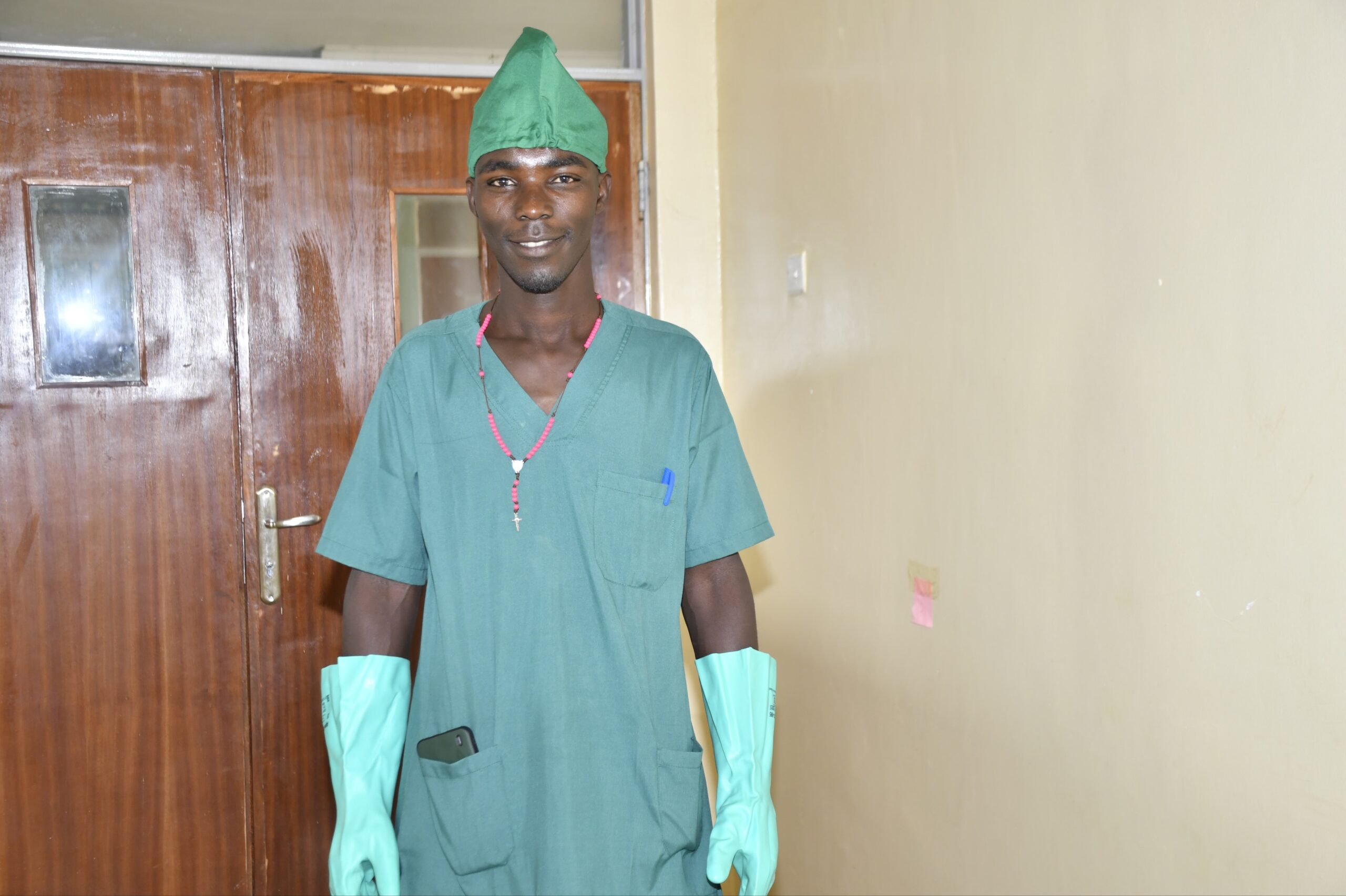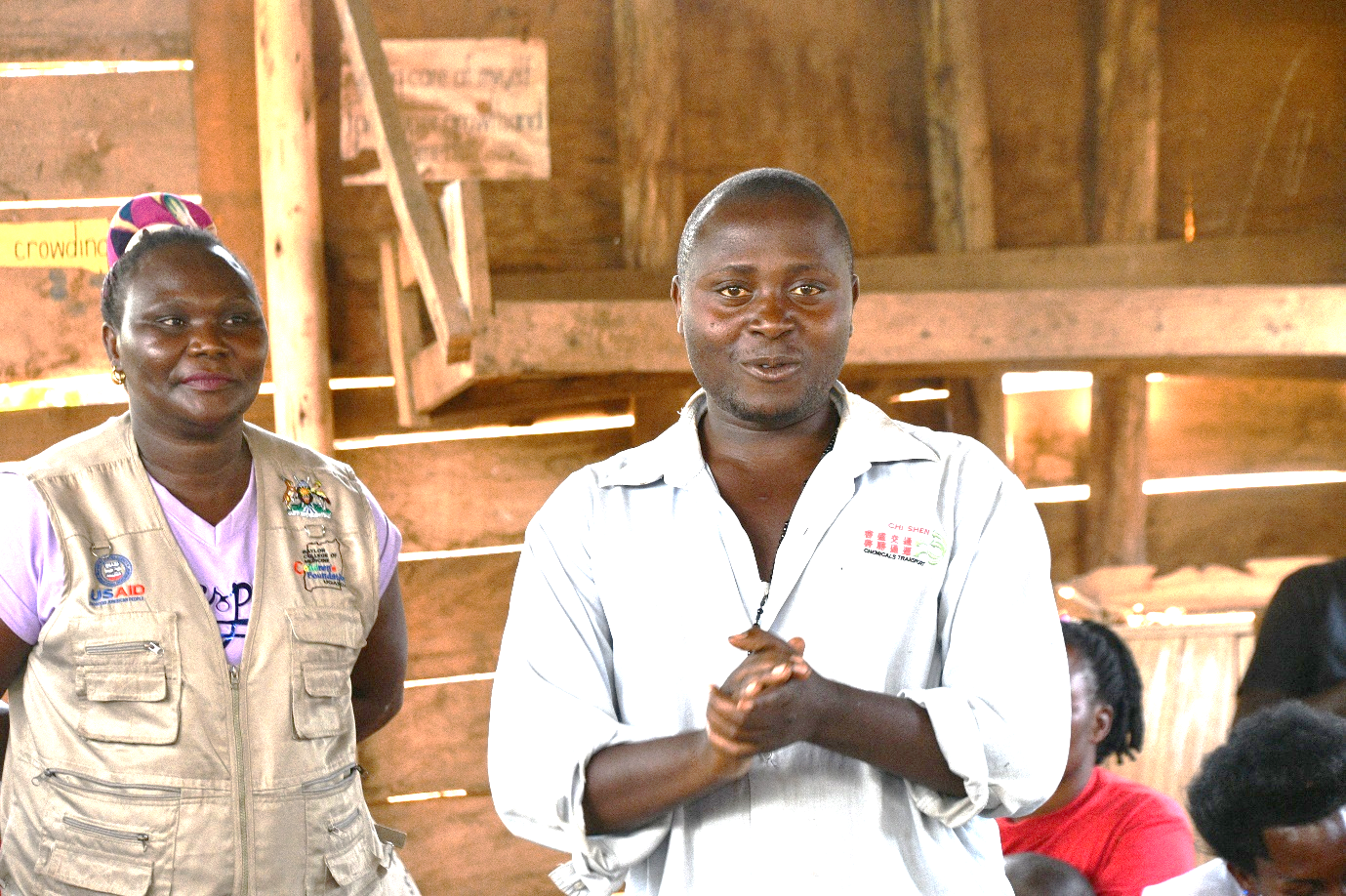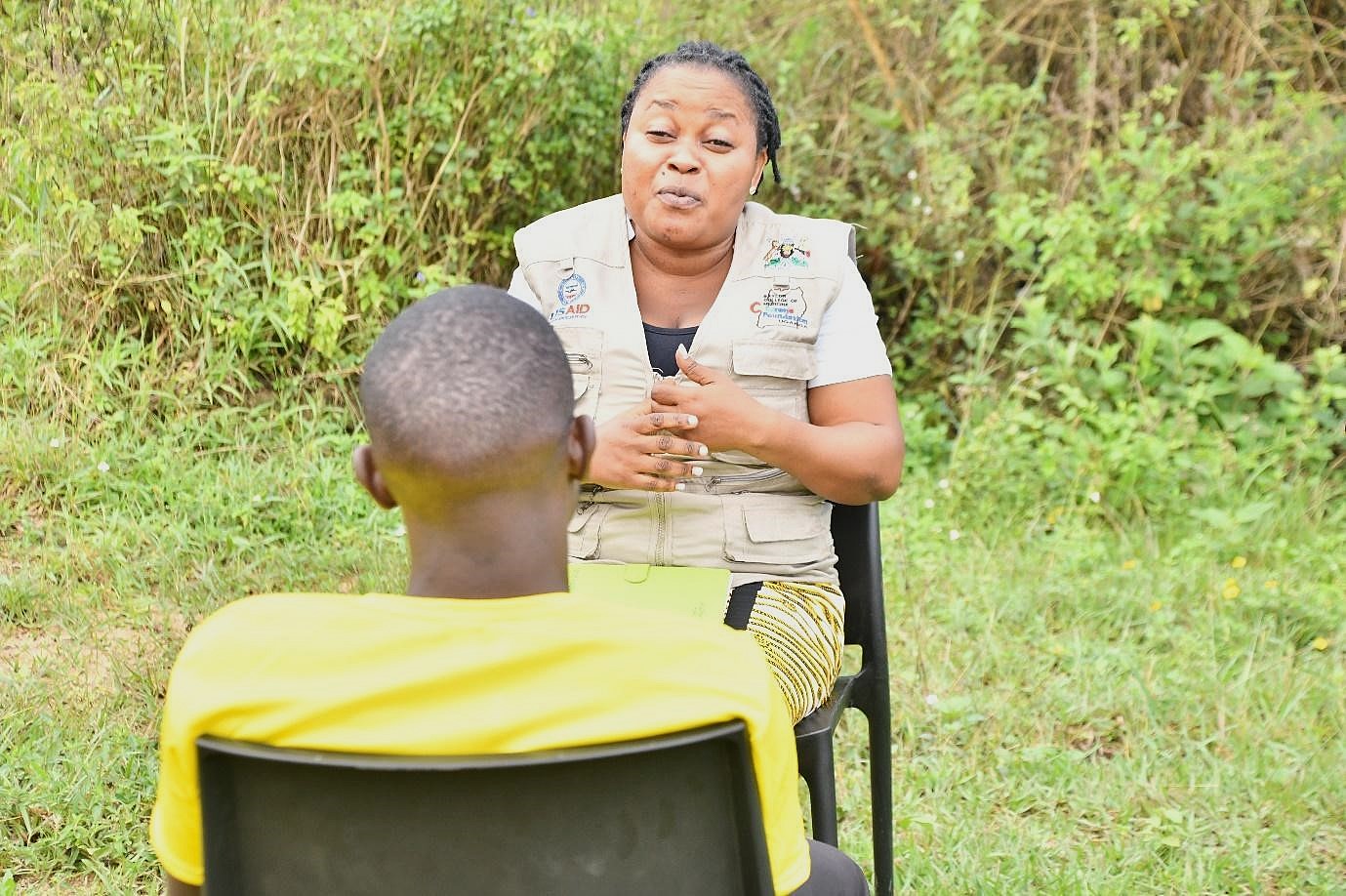On September 20, 2022, the Uganda Ministry of Health and the World Health Organization declared an outbreak of the Sudan ebolavirus in the epicenter districts of Mubende and Kassanda, causing some Ebola patients to travel to Kampala capital city in search of treatment. By November 7, 2022, the capital city had 17 confirmed cases, including an index patient called Noah whose aunt had requested that he be transferred to Kampala for better health management at a clinic she trusted would treat his medical condition.
In October 2022, Joel’s aunt received a call from a close relative in Kassanda district informing her that her nephew was bleeding after suffering from a bout of illness for several days, with no treatment relief.
The aunt asked a relative to bring Noah to Kampala for better health care, and she took him to a private doctor whom she trusted to take care of his medical condition. He was treated for peptic ulcers. While undergoing treatment, Noah stayed at his uncle’s house in Masanafu in Kampala. When his condition deteriorated, he was transferred to Mulago Regional Referral Hospital (RRH), where he was treated as an Ebola suspect having recently travelled from Kassanda district. He was placed in isolation right away. Unfortunately, he passed away while still in the isolation ward and before the Ebola test could be performed.
A sample from Noah’s corpse was nevertheless sent for an Ebola PCR Test, and it was confirmed that he had indeed died of the Ebola Virus Disease (EVD). All family members and individuals including health workers who had been in close contact with the deceased received alert calls from the surveillance teams not to travel until sample tests were done to verify their condition. Samples of 13 people, including the sample from Joel’s aunt returned positive for Ebola, and they were transported to the Entebbe Treatment Unit (ETU), where they were initiated on treated and eventually discharged. Unfortunately, the neighbor of Joel’s Uncle and her 13-year old son succumbed to Ebola. They were buried at their ancestral home by the Safe and Dignified Burial team.
Eleven survivors are currently being followed up by the National Ebola Virus Disease Survivors Program in Entebbe that is implemented by Baylor-Uganda with support from the United States Agency for International Development (USAID) under the leadership of the Ministry of Health. The program is helping these survivors overcome self- and societal stigma and address their medical issues, including tiredness, muscle and joint pains, eye and visual problems, headaches, stomach pains and scrotal problems.
The survivors also receive mental health and psychosocial support to address any residual effects of their experiences with Ebola, a very common occurrence among Ebola survivors. Additionally, the program is engaging their communities to support their reintegration into society.


